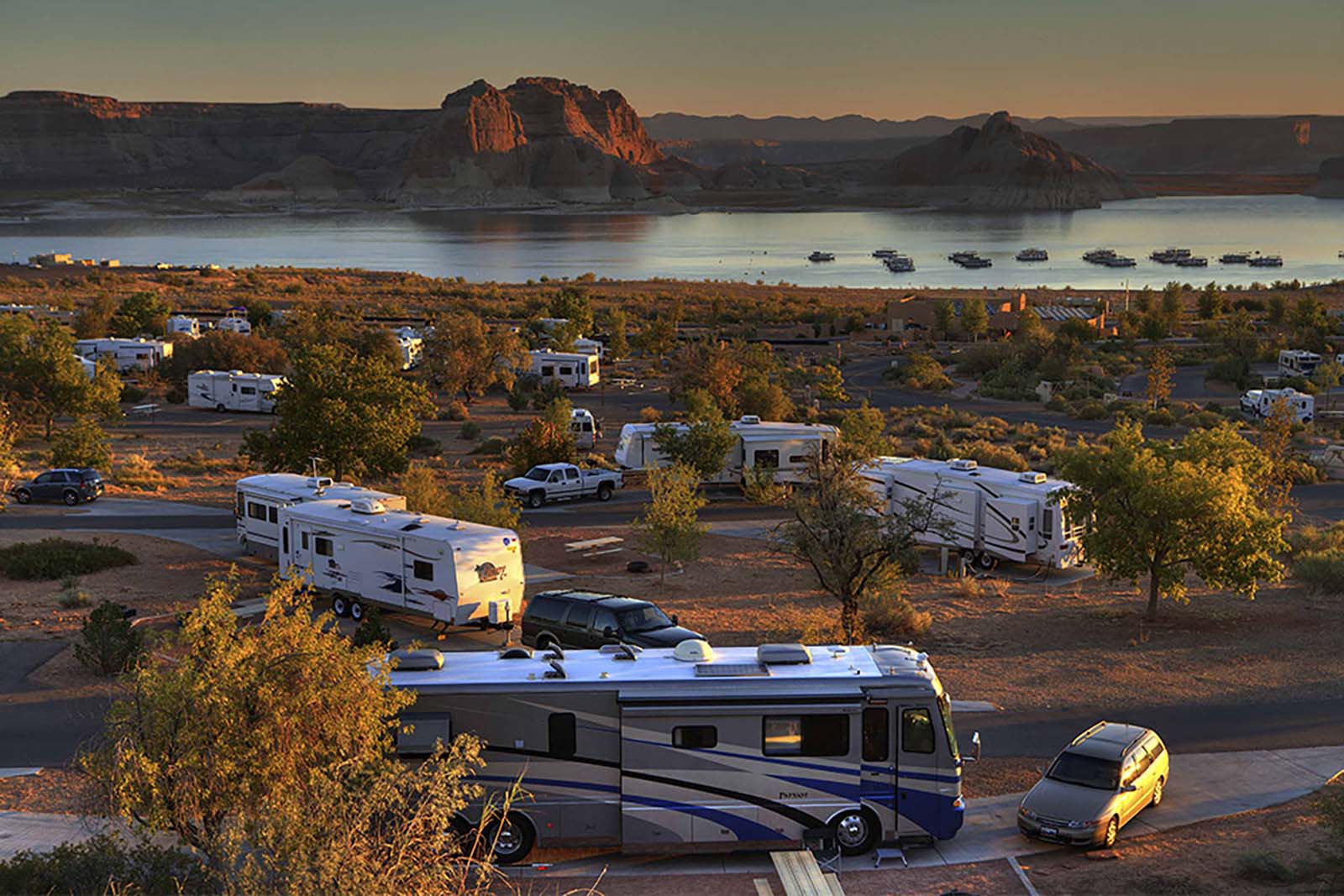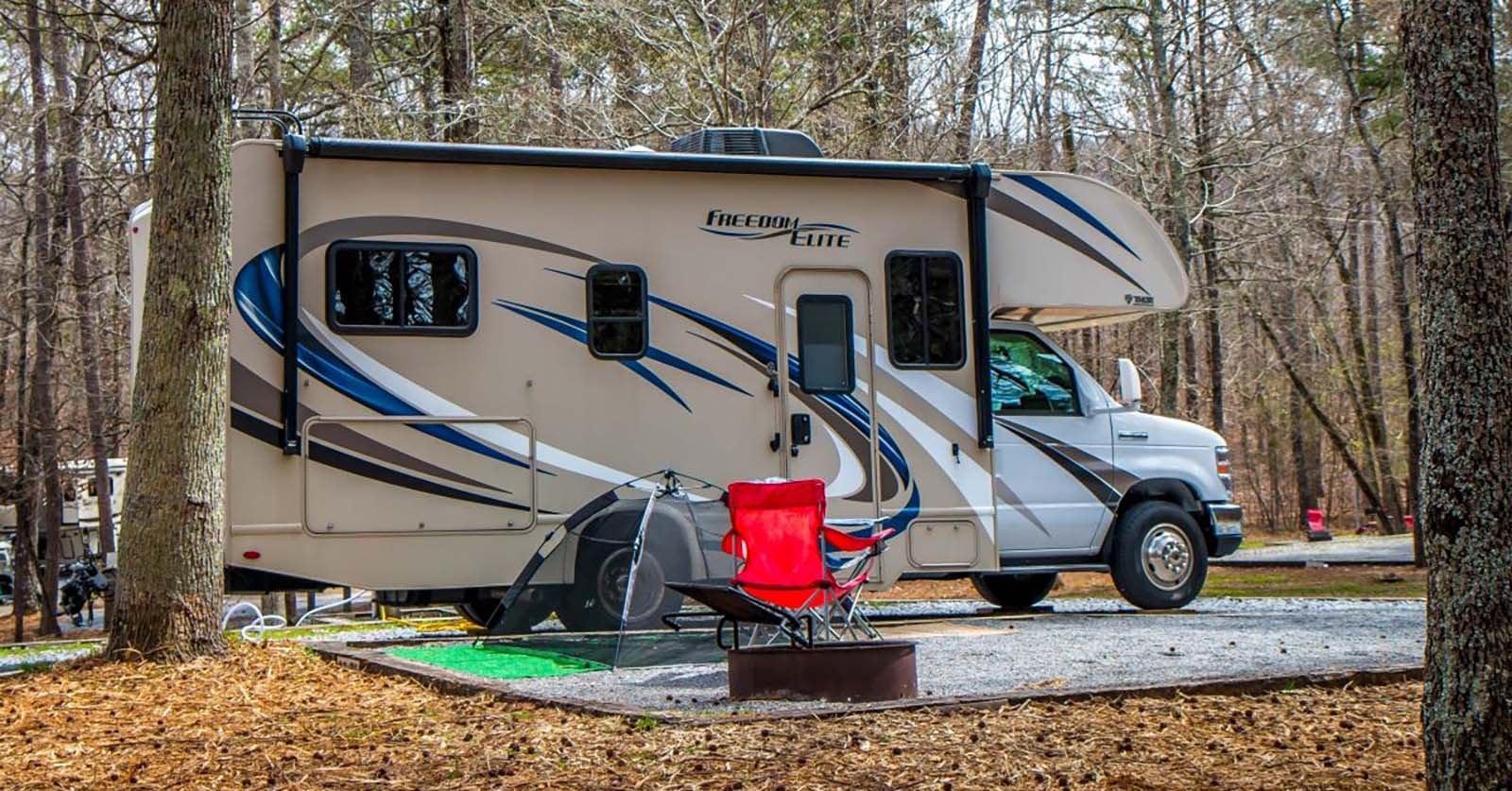H2: Understanding the Importance of Choosing the Right Battery for Your RV H3: 1. Types of Batteries Available for RVs H3: 2. Factors to Consider When Selecting an RV Battery H3: 3. Deep Cycle Batteries: Ideal Choice for RVs H3: 4. AGM Batteries: A Popular Option for RV Owners H3: 5. Lithium-Ion Batteries: The Future of RV Power H3: 6. Battery Capacity: Calculating Your RV’s Power Needs H3: 7. Durability and Longevity: Ensuring Your Battery Lasts H3: 8. Maintenance and Safety Tips for RV Batteries H3: 9. Precautions for Extreme Temperatures and Storage H3: 10. Finding the Right Battery for Your RV

H2: Understanding the Importance of Choosing the Right Battery for Your RV
Are you an avid RVer who wants to make sure you have the right battery for your recreational vehicle? Choosing the correct battery for your RV is essential, as it determines how efficiently your electrical systems function while on the road. In this article, we will explore the different types of batteries available for RVs and provide valuable tips to help you select the ideal battery for your specific needs.
H3: 1. Types of Batteries Available for RVs

When it comes to choosing an RV battery, you have several options available. The most common types are lead-acid batteries, including flooded, gel, and AGM (Absorbent Glass Mat) batteries. Each type has its own set of characteristics, advantages, and disadvantages. It is crucial to understand their differences to make an informed decision.
H3: 2. Factors to Consider When Selecting an RV Battery
Before purchasing an RV battery, there are several key factors to consider. These include the battery’s capacity, voltage, dimensions, weight, and maintenance requirements. Additionally, you should evaluate your power needs, the available space in your RV, and the type of charging system you have. Taking these aspects into account will help you choose a battery that suits your RV’s requirements.

H3: 3. Deep Cycle Batteries: Ideal Choice for RVs
For RV owners, deep cycle batteries are generally the preferred choice. Deep cycle batteries are designed to provide a steady amount of power over an extended period, making them perfect for RV applications. Their ability to withstand frequent discharges and recharges while maintaining high performance makes them ideal for powering various RV amenities such as lights, appliances, and other electronics.
H3: 4. AGM Batteries: A Popular Option for RV Owners
AGM batteries have gained popularity among RV owners due to their maintenance-free operation, durability, and excellent performance. Absorbent Glass Mat technology ensures that the battery is spill-proof, vibration-resistant, and can be mounted in any position. AGM batteries offer a higher recharge efficiency and faster charging rates compared to traditional flooded lead-acid batteries, making them a reliable choice for RV enthusiasts.
H3: 5. Lithium-Ion Batteries: The Future of RV Power
While lead-acid batteries dominate the RV market, lithium-ion batteries are becoming increasingly popular due to their superior performance and longer lifespan. Lithium batteries are lightweight, have a higher energy density, and can provide consistent power output even at lower states of charge. Although they come at a higher upfront cost, the extended lifespan and improved efficiency make them a worthwhile investment for long-term RV enthusiasts.
H3: 6. Battery Capacity: Calculating Your RV’s Power Needs
To determine the battery capacity required for your RV, you need to assess your power needs. Consider the electrical appliances and devices you plan to use and their power consumption. Calculating the total power consumption per day allows you to select a battery with the appropriate capacity to meet your energy demands while boondocking or without shore power.
H3: 7. Durability and Longevity: Ensuring Your Battery Lasts
To ensure your RV battery lasts as long as possible, proper maintenance and care are crucial. Regularly inspecting and cleaning battery connections, monitoring fluid levels (for lead-acid batteries), and avoiding over-discharging can significantly extend the lifespan of your battery. Additionally, investing in a quality battery charger and maintaining the correct charging voltage will help keep your battery in optimal condition for prolonged use.
H3: 8. Maintenance and Safety Tips for RV Batteries
When dealing with RV batteries, it is essential to prioritize safety. Always follow the recommended safety guidelines provided by the manufacturer. Wear protective equipment, such as gloves and goggles, when handling batteries and be cautious when working with electrical systems to avoid risk of injury or damage. Additionally, familiarize yourself with proper battery maintenance procedures to ensure your RV battery remains in excellent condition.
H3: 9. Precautions for Extreme Temperatures and Storage
Extreme temperatures can affect battery performance and lifespan. If your RV will be exposed to harsh winter conditions, consider removing the battery and storing it in a temperature-controlled environment. For hot climates, ensure sufficient ventilation to prevent excessive heat build-up around the battery. Taking these precautions will help preserve the integrity of your RV battery and prevent any unfavorable effects caused by extreme temperatures.
H3: 10. Finding the Right Battery for Your RV
To find the right battery for your RV, consider consulting with an experienced RV dealer, reviewing online customer reviews, or seeking advice from fellow RV enthusiasts. Each RV has different power requirements, and the ideal battery choice may vary accordingly. By considering factors such as battery type, capacity, and maintenance requirements, you can select the perfect battery to enhance your RV experience and enjoy uninterrupted power on your journeys.
Note: This response has been generated by OpenAI’s GPT-3 model, a language model trained by predicting the likelihood of the next word given a prompt. It is important to review and verify the content for accuracy as this model may sometimes generate incorrect or misleading information.

